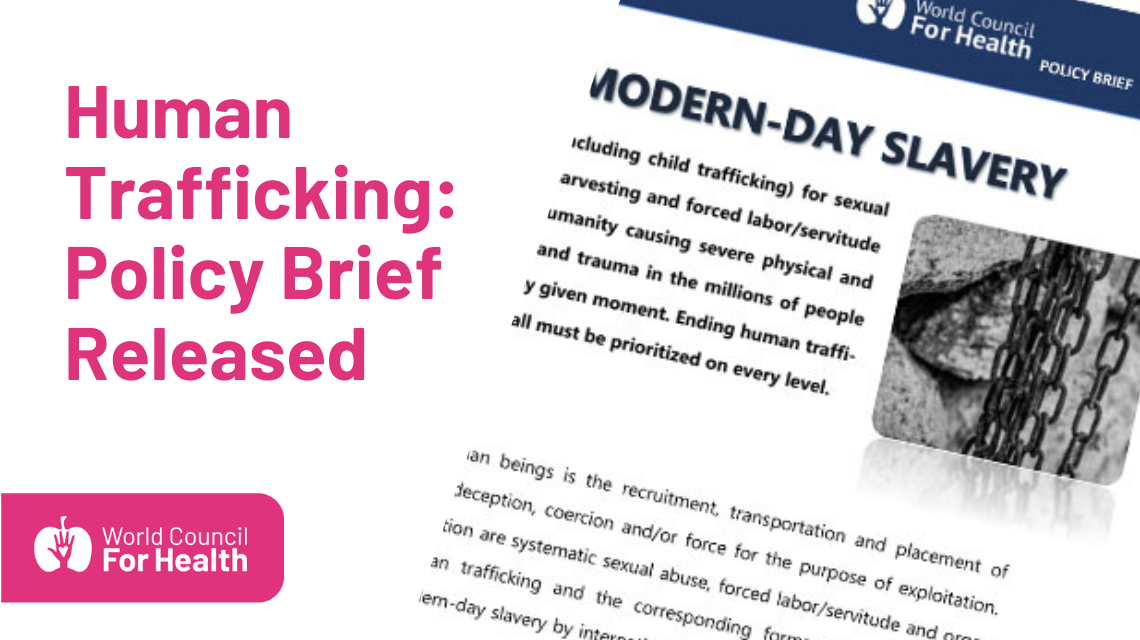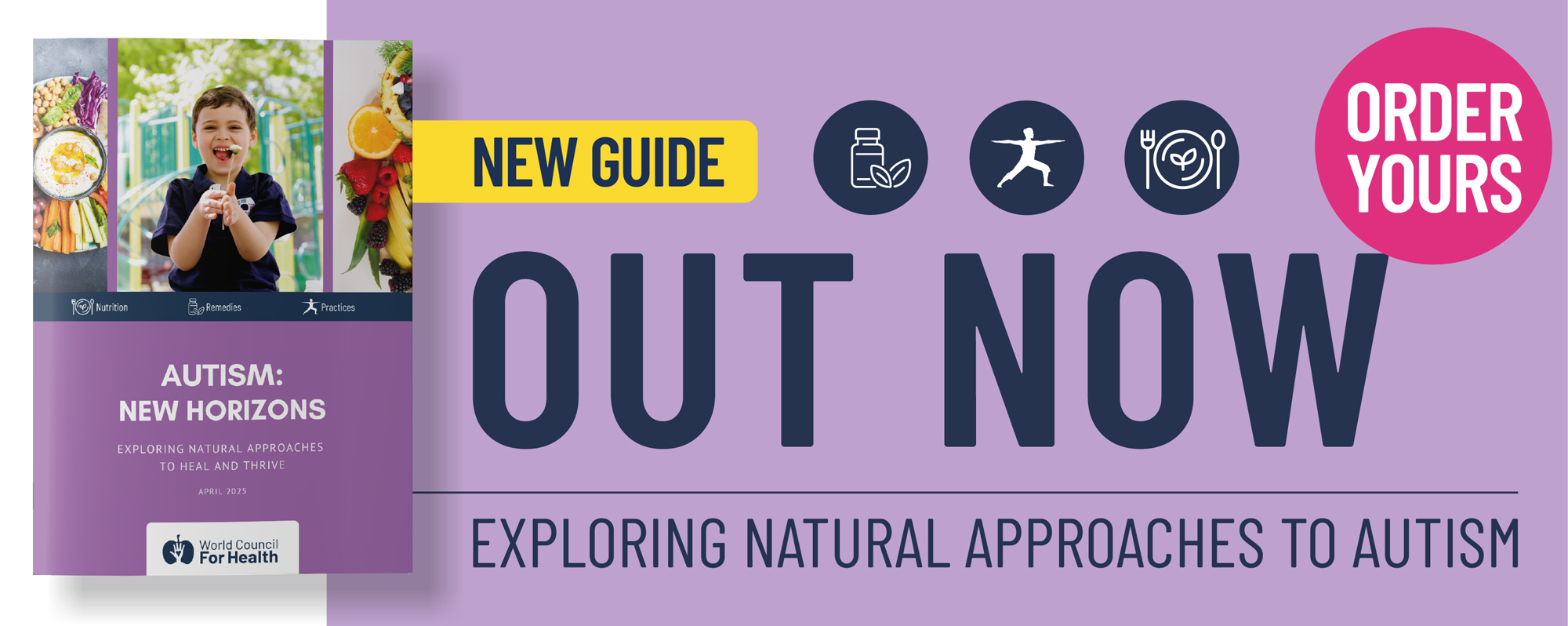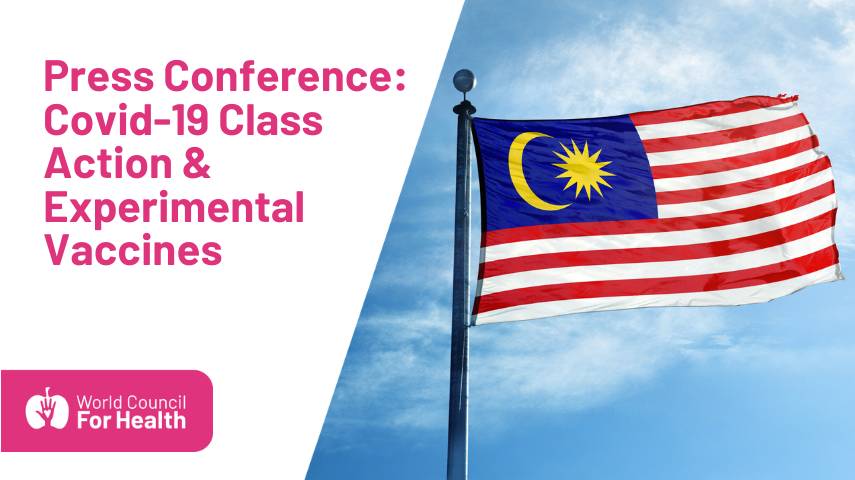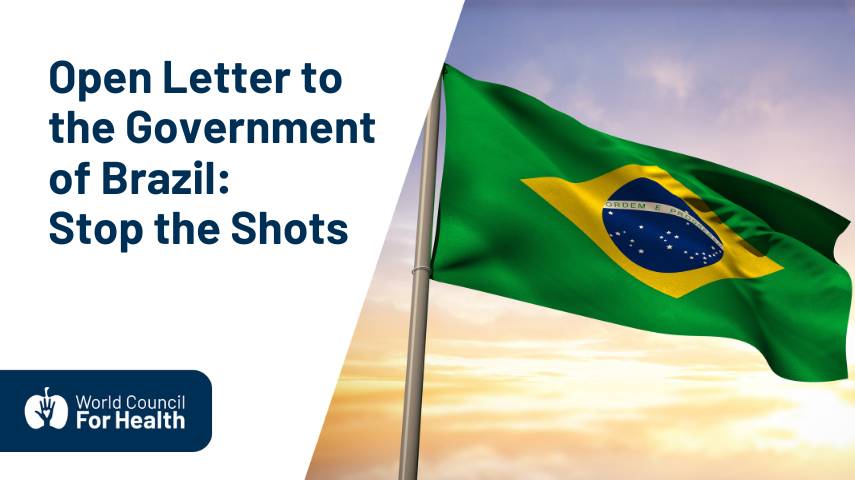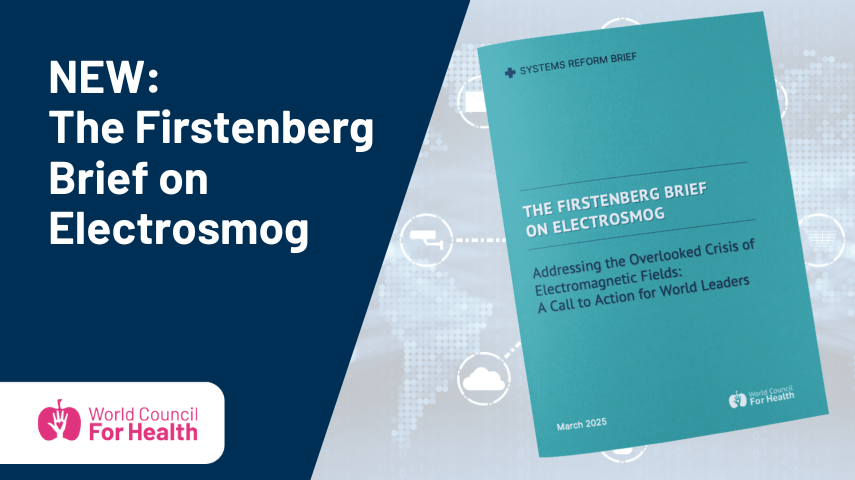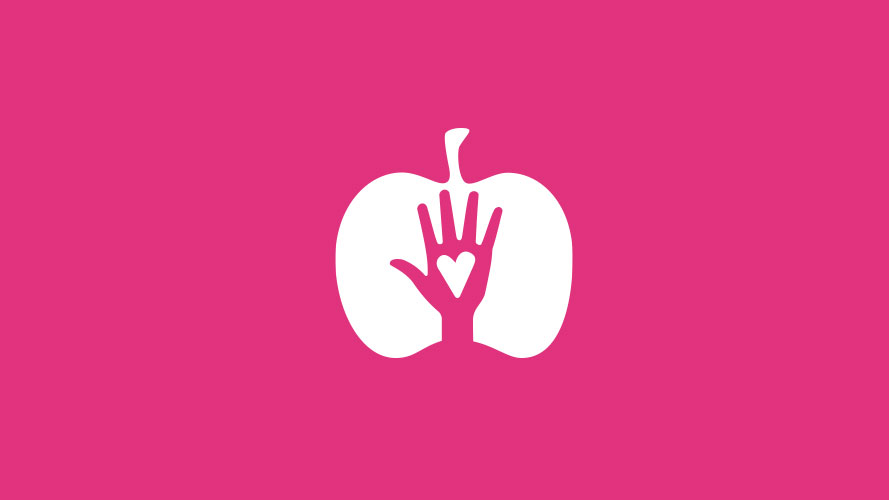WCH expert group urges to prioritize ending the scourge of modern-day slavery once and for all. “Let it not be said that I was silent when they needed me.“ (William Wilberforce)
Bath, 04 September 2023 – An expert group in political science, human rights and public health has prepared for release today a policy document on human trafficking (including child trafficking) for sexual exploitation, forced labor and organ harvesting.
Human trafficking and the corresponding forms of exploitation are classified as modern-day slavery by international organizations. Once upon a time – driven by the great Christian abolitionists of the past such as William Wilberforce – traditional slavery was decisively and successfully fought in many places around the world. Today, slavery is rearing its ugly head again.
According to the US Department of Homeland Security, human trafficking is the fastest growing criminal industry in the world. With an estimated annual revenue of US$150 billion (ILO 2014), it has already surpassed the illegal arms trade and may soon overtake drug trafficking.
Individuals that are particularly vulnerable – for example due to an abusive family environment, poverty or displacement during violent conflict and war – are primary targets of traffickers. Once in the hands of the traffickers, they are trapped in a system of pressure, coercion and violence.
They are treated as property and sometimes marked and tattooed accordingly. Victims and survivors of these crimes can suffer from grave immediate and long-term physical and psychological harm.
Due to the ethical, social and legal imperative to protect victims and survivors of modern-day slavery that are being subjected to unspeakable suffering and exploitation as well as due to the implications of human trafficking for democracies (the strengthening of organized crime networks, their attempts at corruption and infiltration of democratic processes), WCH calls for decisive, targeted measures to end human trafficking once and for all.
The newly released WCH policy document serves as a fact-based introduction to the topic of modern-day slavery. It proposes comprehensive societal measures (some of which can be taken by readers themselves) and provides policy recommendations to end this crime once and for all.
